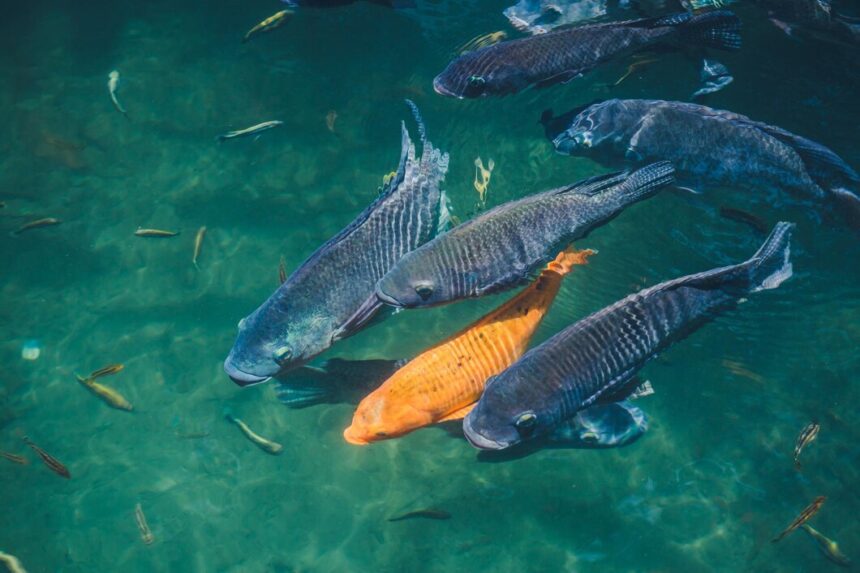Aquaculture, the farming of aquatic organisms such as fish, crustaceans, and mollusks, holds immense potential for South Africa’s agricultural sector. With its extensive coastline and favorable environmental conditions, the country is well-positioned to harness the benefits of aquaculture. Here are ten techniques that South African farmers can employ to achieve success in this burgeoning industry:
- Site Selection: Choosing the right location is critical for aquaculture success. Farmers should consider factors such as water quality, temperature, salinity, and accessibility when selecting a site for their aquaculture operations.
- Water Management: Proper water management is essential for maintaining optimal conditions for aquatic organisms. Farmers should implement strategies to monitor and control water quality parameters such as dissolved oxygen, pH, and ammonia levels.
- Species Selection: Selecting the right species of fish or other aquatic organisms is key to maximizing productivity and profitability. Farmers should research market demand, environmental suitability, and growth potential when choosing species for their aquaculture operations.
- Stocking Density: Maintaining appropriate stocking densities is crucial for ensuring the health and welfare of aquatic organisms. Overcrowding can lead to stress, disease outbreaks, and reduced growth rates, while understocking may result in underutilization of resources.
- Feeding Management: Implementing a well-balanced feeding regimen is essential for promoting growth and maximizing feed conversion efficiency in aquaculture systems. Farmers should carefully monitor feeding rates, frequencies, and nutritional requirements to optimize production.
- Water Filtration and Aeration: Installing effective water filtration and aeration systems can help maintain water quality and prevent the buildup of harmful substances in aquaculture ponds or tanks. These systems promote oxygenation and circulation, essential for the health of aquatic organisms.
- Disease Prevention and Management: Implementing biosecurity measures and regular health monitoring protocols can help prevent disease outbreaks and minimize the impact of pathogens on aquaculture operations. Farmers should practice proper sanitation, quarantine procedures, and vaccination when applicable.
- Environmental Sustainability: Sustainable aquaculture practices are essential for minimizing environmental impacts and ensuring long-term viability. Farmers should strive to minimize water usage, reduce waste generation, and adopt eco-friendly farming techniques such as integrated multitrophic aquaculture (IMTA).
- Market Access and Value Addition: Developing strong market linkages and adding value to aquaculture products can enhance profitability for South African farmers. Farmers should explore opportunities for processing, packaging, and marketing their products to local and international markets.
- Continuous Learning and Innovation: The aquaculture industry is constantly evolving, with new technologies and techniques emerging to improve productivity and sustainability. Farmers should stay informed about industry trends, participate in training programs, and embrace innovation to stay competitive in the marketplace.
In conclusion, aquaculture holds significant promise for South African farmers seeking to diversify their agricultural activities and tap into lucrative markets. By employing these ten techniques, farmers can enhance the success and sustainability of their aquaculture operations while contributing to the growth and development of the country’s aquaculture industry.
Join 'Farmers Mag' WhatsApp Channel
Get the latest Farming news and tips delivered straight to your WhatsApp
CLICK HERE TO JOIN






